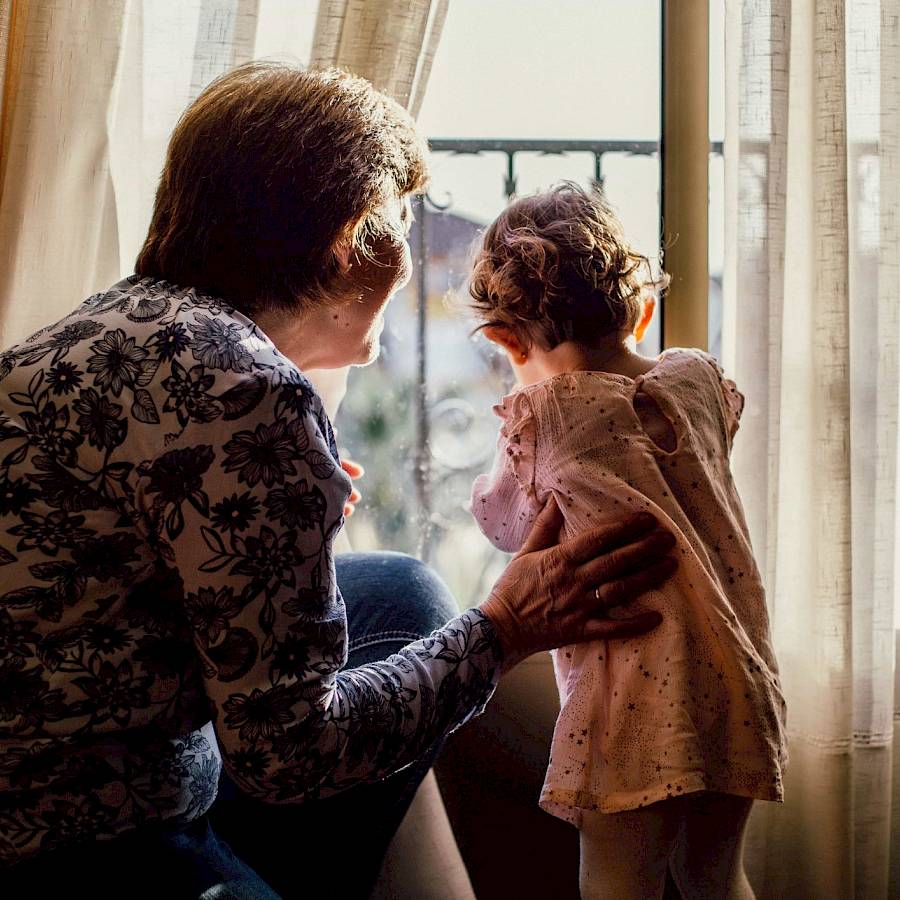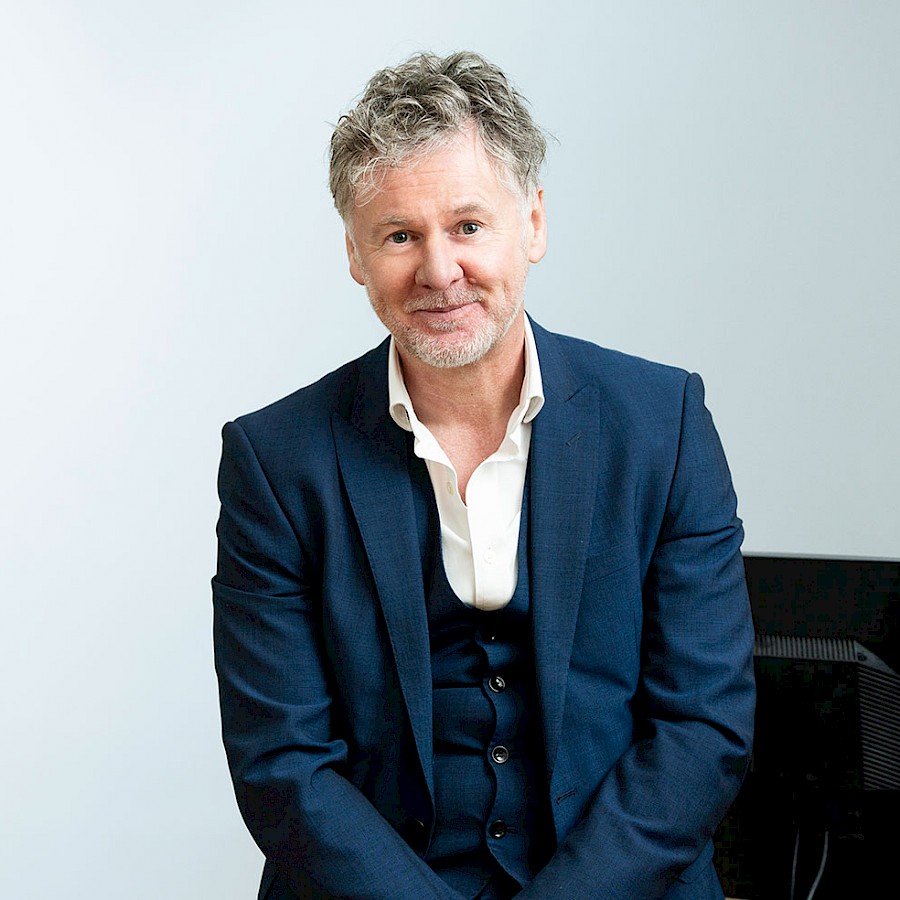The Forgotten Grandchild Carer Community
Thanks to RedArc, the nurse-led wellbeing service, for providing this thought-provoking article.
According to Carers UK there were around 13.6 million people caring through the pandemic.
A carer is anyone who looks after a family member, partner or friend who needs help because of their illness, frailty, disability, a mental health problem, or an addiction, and cannot cope without their support. The care they give is unpaid.
We are all unfortunately acutely aware of the pandemic measures that have affected vulnerable people: as well as impacting the individual, mental health issues, domestic abuse, alcohol & drug dependency can all take their toll on families. Conversely, relationship breakdowns can be a trigger for mental health problems, drug and alcohol dependence in themselves too.
Whilst not many grandparents consider themselves to be a carer when undertaking ad-hoc childcare responsibilities, sometimes grandparents can become full-time carers for their grandchildren when the parents are unable to care for their children themselves for any of the reasons above.
Although the average age of becoming a grandparent in the UK is 63, many grandparents taking on caring responsibilities of young children or teenagers may be significantly older than this - and whilst they may be young at heart, caring for grandchildren can be both physically and mentally demanding. This is especially true during periods of family upset and distress.
Impact of the Pandemic
During the pandemic, many grandparent carers may have found themselves shielding or isolating whilst also having to take on the responsibility for home schooling and the wellbeing of their grandchild, with NHS and social services stretched to the limit. And of course, with more people wanting or needing to work later in life, these grandparent carers may also be working part or full time too.
The needs of carers are often forgotten, with the focus on the child or person who is being cared for, whilst the carer struggles to juggle everything, often to their own detriment. If left unsupported, this forgotten community can themselves suffer a wide range of emotions, including anger, resentment, guilt and worry. They often feel anxious, isolated, helpless and alone and not surprisingly prone to physical exhaustion and illness.
Support for Carers
Carers often say that they can’t share how they are feeling and this is even more exacerbated in the case of caring for grandchildren - for fear of appearing unable to cope or losing contact with the grandchild altogether. Many feel they need to soldier on and stay strong and comment that caring is a massive emotional responsibility which can often feel overwhelming.
Free-to-use support specifically for carers is available through some insurance policies and employee benefits (such as critical illness policies). This helps by giving practical advice and emotional support, helping carers to look after their own health and wellbeing so they are better able to deal with all the demands upon them. Information on local services, self-help groups and relevant charities as well as helping to navigate support within the NHS or social services, when necessary, can be hugely beneficial for a carer who is stretched for time or feeling overwhelmed.
In our experience we find that carers most value the opportunity to talk to someone outside of their network of family, friends, employer and colleagues, who is interested in them as an individual. This helps them feel that they are not alone and that their feelings are absolutely normal.
We see a very broad range of people that fall into the ‘carer’ category, and it is evident that many are affected. Grandparent carers are no more or less likely to need support. A disrupted home life can lead to potential problems in the grandchild, and the grandparent can also have concerns about the parent, their own child, if he or she is struggling to cope.
Independent support can be a real benefit for helping grandparents when they become the main carers for their grandchildren - especially if there are medical or mental health problems that arise in themselves or the grandchild.
Taking on the full responsibility for a grandchild is not a situation that many grandparents plan for, and although most would not have it any other way, it is not always straightforward. Having an expert on hand to support the carer through this journey is appreciated by those who find themselves in this unusual circumstance.
The grandparent and grandchild bond is a strong one and this stability can be a great source of comfort to children experiencing difficulties or issues with their own parents. However, grandparents must make sure they too have their own support network.
Christine Husbands, Managing Director, RedArc Nurses


